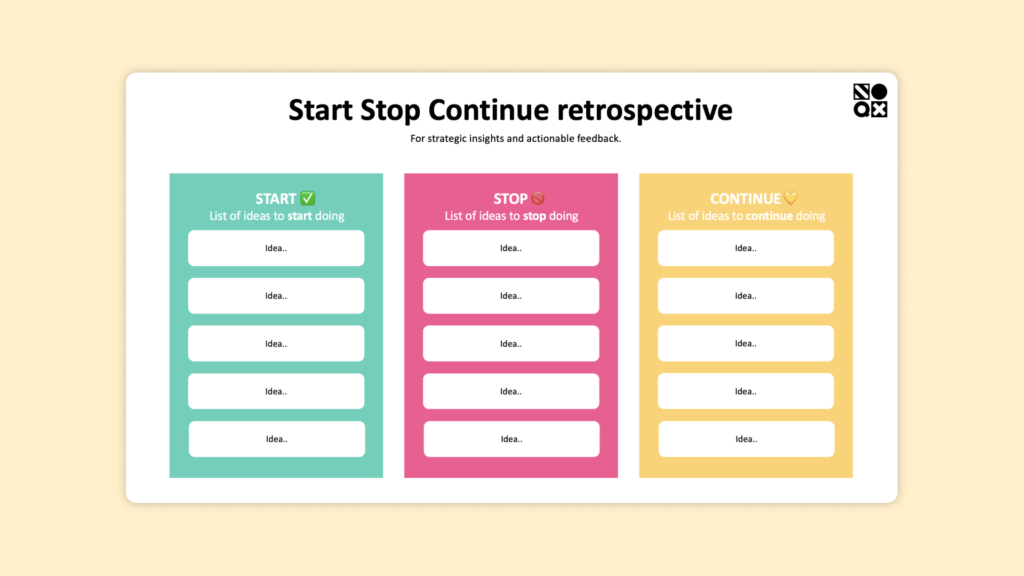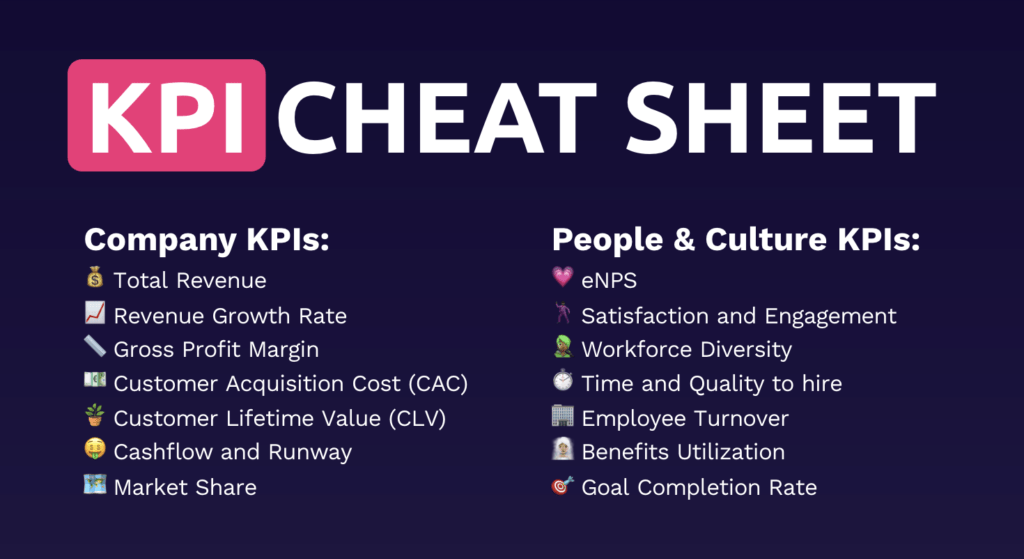Martin Weibull, could you tell us a bit about yourself and your role at Intelliplan?
I’m a father of three based in Stockholm, and I’ve been serving as the CEO of IntelliPlan for about three years now. I’m deeply passionate about both business and personal growth, including that of my team. Outside of work, I enjoy spending time with my family and have a unique interest in training for triathlons.
Could you give us an overview of Intelliplan and its mission?
Intelliplan is an ERP solutions company serving staffing and recruitment agencies primarily in Sweden, but also in Norway and Denmark. We offer them an all-in-one platform to streamline their staffing, recruitment, and sales processes.
How long has Intelliplan been in operation, and how large is your team?
Intelliplan was founded in ’97, and we currently have around 43 employees.
What drew you to IntelliPlan initially, and could you tell us about its vision?
Before I joined, Intelliplan was in the process of reinventing itself, transitioning from an on-premises product to a cloud-based solution. I saw it as a fascinating company with a significant market share in Sweden. Our mission is clear: to become the European leader in our space by offering a product that delights users.
How do you translate that vision into tangible goals for the company?
We’ve set a mid-term goal to reach €200 million in revenue by 2027, almost doubling our current figures. This goal guides our day-to-day decisions and actions.
Could you elaborate on how you break down these goals into actionable steps? And how do teams within the company engage with these goals?
Each fall, our management team and departments compile a business plan for the upcoming year, aligning with our mid-term objectives. Also, we set three main focus areas as our yearly company objectives and key results. Teams also set their own OKRs for a four-month cycle, aligning with the company-wide objectives. This agile approach allows for adjustments as needed.
Are there any challenges in setting OKRs for certain departments?
Yes, some teams initially struggle to define the right metrics for their OKRs and align them with broader objectives. It’s a learning process.
Could you share an example of how OKRs have positively impacted a specific team or product?
Our product team, for instance, has seen significant improvements in roadmap execution and focus since implementing OKRs. It has enhanced clarity and reduced pressure on team members.
What about teams or individuals who might find the OKR process challenging?
Some struggle with defining clear metrics and accessing relevant data for their OKRs. It’s about building that goal-setting muscle over time.
Could you describe the routines or ceremonies your company has around OKRs?
We have regular meetings to evaluate progress, adjust OKRs, and ensure alignment across teams. Weekly updates and one-on-one sessions help keep everyone on track.




